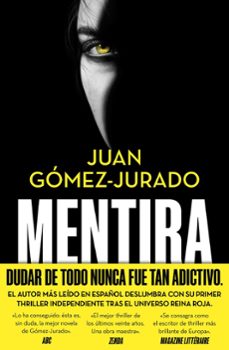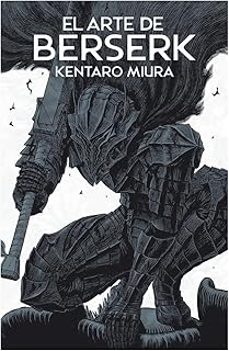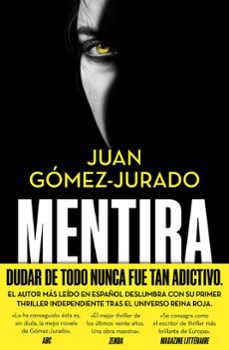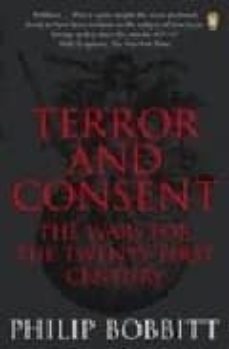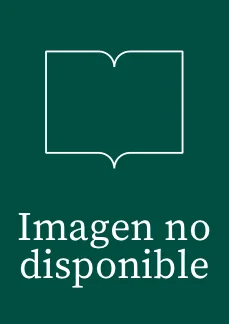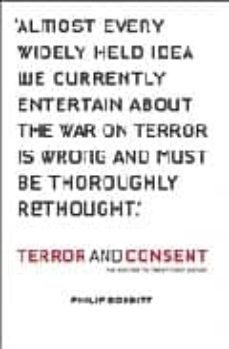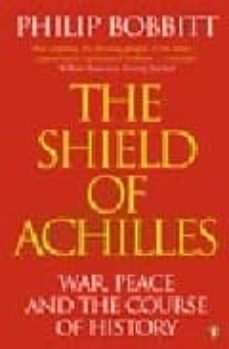Imprescindibles
Más vendidos Libros más leídos eBooks más leídos Todos los libros Todos los libros Autores destacados Series y sagas
Recomendados Libros recomendados Autores destacados Libros que inspiran Vidas con historia LGTBIQ+ English books
Ficción
Literatura Contemporánea Estudios literarios Clásicos Cuentos Poesía Teatro Libros de bolsillo Sagas literarias
Géneros literarios Novela romántica y erótica Novela negra Novela histórica Narrativa fantástica Novela de ciencia ficción Novela de terror Narrativa de humor Narrativa de viajes
No Ficción
Ciencias y tecnología Biología Ciencias Ciencias naturales Divulgación científica Informática Ingeniería Matemáticas Medicina Salud y dietas Formación Idiomas Estilo de vida Libros de Cocina Guías de viaje Narrativa de viajes Deportes Libros de Juegos Manualidades
Humanidades Autoayuda y espiritualidad Ciencias humanas Derecho Economía y Empresa Psicología y Pedagogía Filosofía Sociología Filología Biblioteconomía Estudios filológicos Estudios lingüísticos Estudios literarios Historia y crítica de la Literatura
Infantil
Juvenil
#Jóvenes lectores Narrativa juvenil Clásicos adaptados Libros Wattpad Libros Booktok Libros de influencers Libros de Youtubers Libros Spicy Juveniles Libros LGTBIQ+ Temas sociales Libros ciencia ficción Libros de acción y aventura Cómic y Manga Juvenil Cómic Juvenil Manga Shonen Manga Shojo Autores destacados Jennifer L. Armentrout Eloy Moreno Nerea Llanes Hannah Nicole Maehrer
Libros de fantasía Cozy Fantasy Dark academia Hadas y Fae Romantasy Royal Fantasy Urban Fantasy Vampiros y hombres lobo Otros Misterio y terror Cozy mistery Policiaca Spooky Terror Thriller y suspense Otros
Libros románticos y de amor Dark Romance Clean Romance Cowboy Romance Mafia y amor Romance dramatico Romcom Sport Romance Otros Clichés Enemies to Lovers Friends to Lovers Hermanastros Slow Burn Fake Dating Triángulo amoroso
Cómic y Manga
Novela gráfica Novela gráfica americana Novela gráfica europea Novela gráfica de otros países Personajes, series y sagas Series y sagas Star Wars Superhéroes Cómics DC Cómics Marvel Cómics otros superhéroes Cómics Valiant
Books in English
Books in English Fiction Non Fiction Comic Teen & Young Adult Main Authors Ken Follett Agatha Christie Stephen King Jane Austen Maggie O’Farrell On sale
Books in English for Young Adults Age 13+ Age 15+ Young Adult Authors Rebecca Yarros Sarah J. Maas Brandon Sanderson Ali Hazelwood Alice Oseman
Audiolibros
Literatura Contemporánea Narrativa fantástica Novela de ciencia ficción Novela de terror Novela histórica Novela negra Novela romántica y erótica Historia Historia universal
Humanidades Autoayuda y espiritualidad Ciencias humanas Economía y empresa Psicología y pedagogía Filosofía Infantil Audiolibros infantiles
Ciencia y tecnología Ciencias naturales Divulgación científica Medicina Salud y dietas Arte Cine Música Historia del arte
eBooks
Literatura Contemporánea Narrativa fantástica Novela de ciencia ficción Novela de terror Novela histórica Novela negra Novela romántica y erótica Juvenil Más de 13 años Más de 15 años Infantil eBooks infantiles
Humanidades Autoayuda y espiritualidad Ciencias humanas Economía y Empresa Psicología y Pedagogía Filosofía Historia Historia de España Historia Universal Arte Cine Música Historia del arte
Ciencia y tecnología Ciencias naturales Divulgación científica Medicina Salud y dietas Filología Estudios lingüísticos Estudios literarios Historia y crítica de la Literatura Estilo de vida Cocina Guías de viaje Ocio y deportes
PHILIP BOBBITT
Recibe novedades de PHILIP BOBBITT directamente en tu email
Filtros
Del 1 al 4 de 4
PENGUIN 9780141017662
Terror and Consent argues that, like so many states and civilizations in the past that suffered defeat, we are fighting the last war, with weapons and concepts that were useful to us then but have now been superseded. Philip Bobbitt argues that we need to reforge links that previous societies have made between law and strategy; to realize how the evolution of modern states has now produced a globally networked terrorism that will change as fast as we can identify it; to combine humanitarian interests with strategies of intervention; and, above all, to rethink what ''victory'' in such a war, if it is a war, might look like.
Ver más
Tapa blanda
Atlantic Books 9781782391425
The Prince, a political treatise by the Florentine public servant and political theorist Niccolo Machiavelli, is widely regarded as the most important exploration of politics - and in particular the politics of power - ever written.In Garments of Court and Palace, Philip Bobbitt, a preeminent and original interpreter of modern statecraft, presents a vivid portrait of Machiavellis Italy and demonstrates how The Prince articulates a new idea of government that emerged during the Renaissance. Bobbitt argues that when The Prince is read alongside the Discourses, modern readers can see clearly how Machiavelli prophesied the end of the feudal era and the birth of a recognizably modern polity. As this book shows, publication of The Prince in 1532 represents nothing less than a revolutionary moment in our understanding of the place of the law and war in the creation and maintenance of the modern state.
Ver más
eBook
ALLEN LANE THE PENGUIN PRESS 9780713997842
The threat of terrorism is now part of the landscape of daily lives all over the world, yet although we have begun to live with the idea of it, we have hardly yet been able to think properly about it. Terror and Consent argues that, like so many states and civilizations in the past which suffered defeat, we are fighting the last war, with weapons which were useful to us then but which have now been superceded. This book aims to provide a fundamental rethinking of most generally accepted ideas about terror in the modern world - what it is, how it operates and above all how it can be frustrated. The answers have very little to do with heightened security at airports. Instead, Phillip Bobbitt argues, we need to reforge the links which previous societies have made between law and strategy; to realize how the evolution of modern states, which have always produced terrorists in their own image, has now produced a globally networked terrorism that will change as fast as we can identify it; to combine humanitarian interests with strategies of intervention; and above all to rethink what 'victory' in such a war, if it is a war, might look like - no occupied capitals, no treaties, no victory parades, but the continuance of states of consent.
Ver más
Tapa dura
PENGUIN 9780141007557
For centuries, civilisation has been defined by epoch-making cycles of war and peace. But now our world has changed irrevocably. What faces us in this era of uncertainty? How do we protect ourselves against war machines that can penetrate the defences of any state? Is it too late to try? Visionary and prophetic, The Shield of Achilles looks back at history, at the 'long war' of 1914-1990 and at the future: the death of the nation-state and the birth of a new, terrifying kind of conflict without precedent in our history.
Ver más
Tapa blanda
Del 1 al 4 de 4

